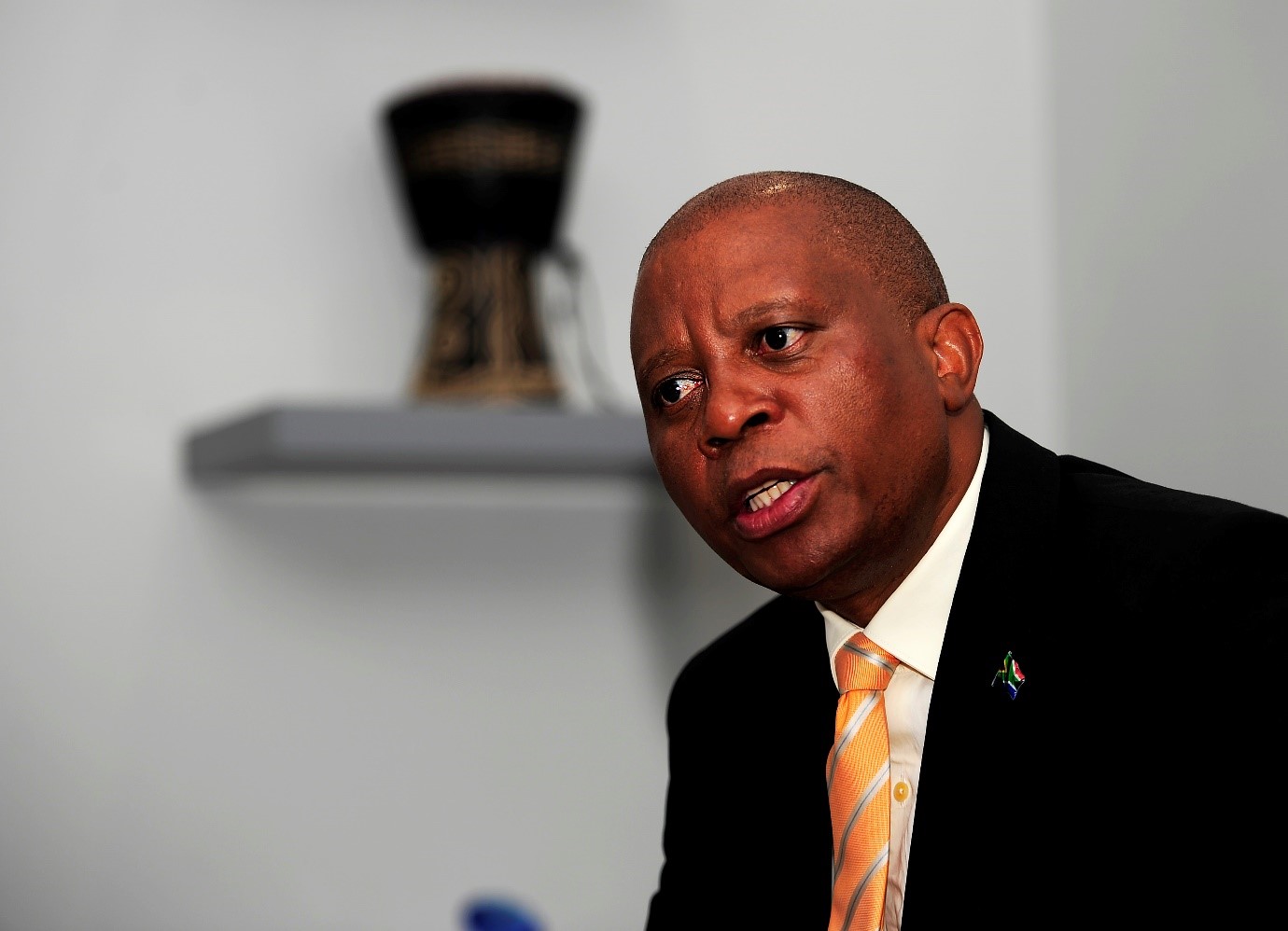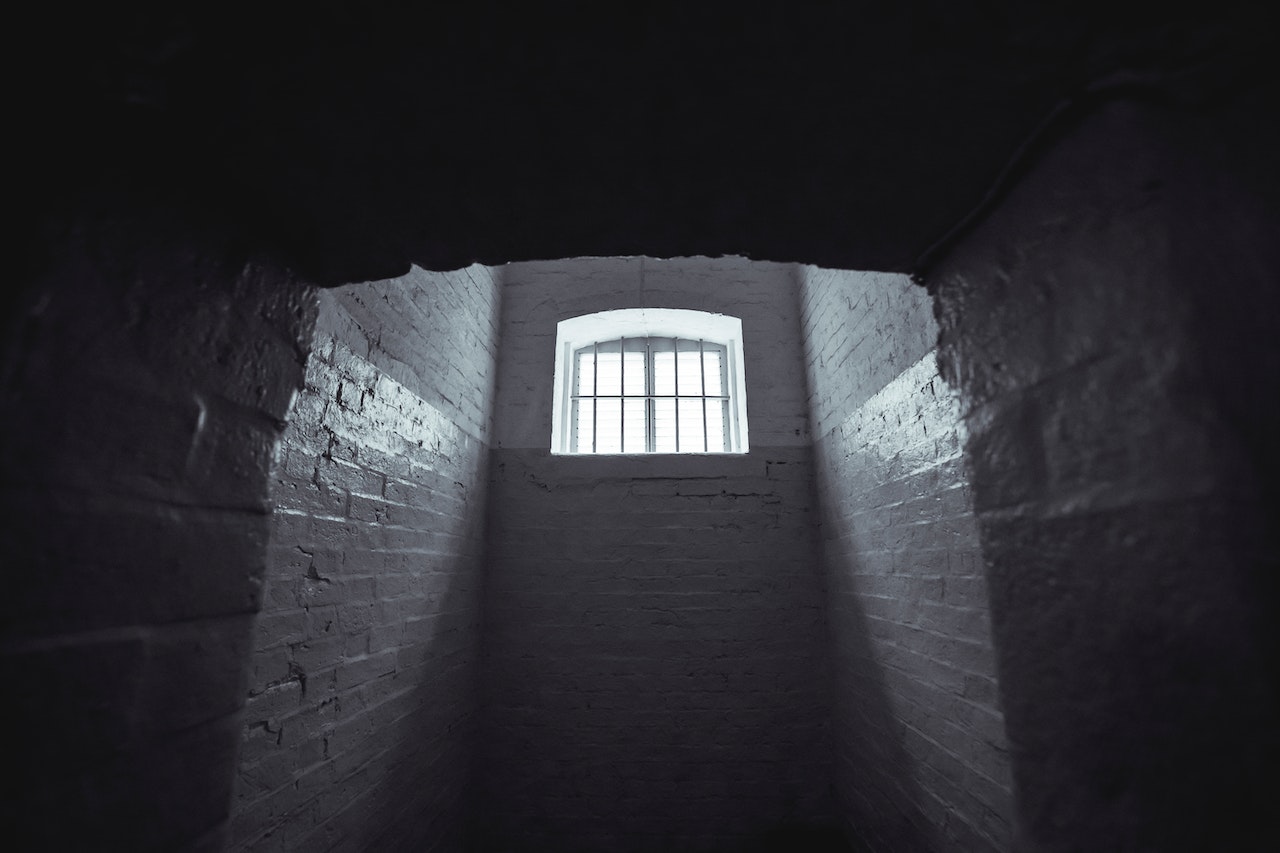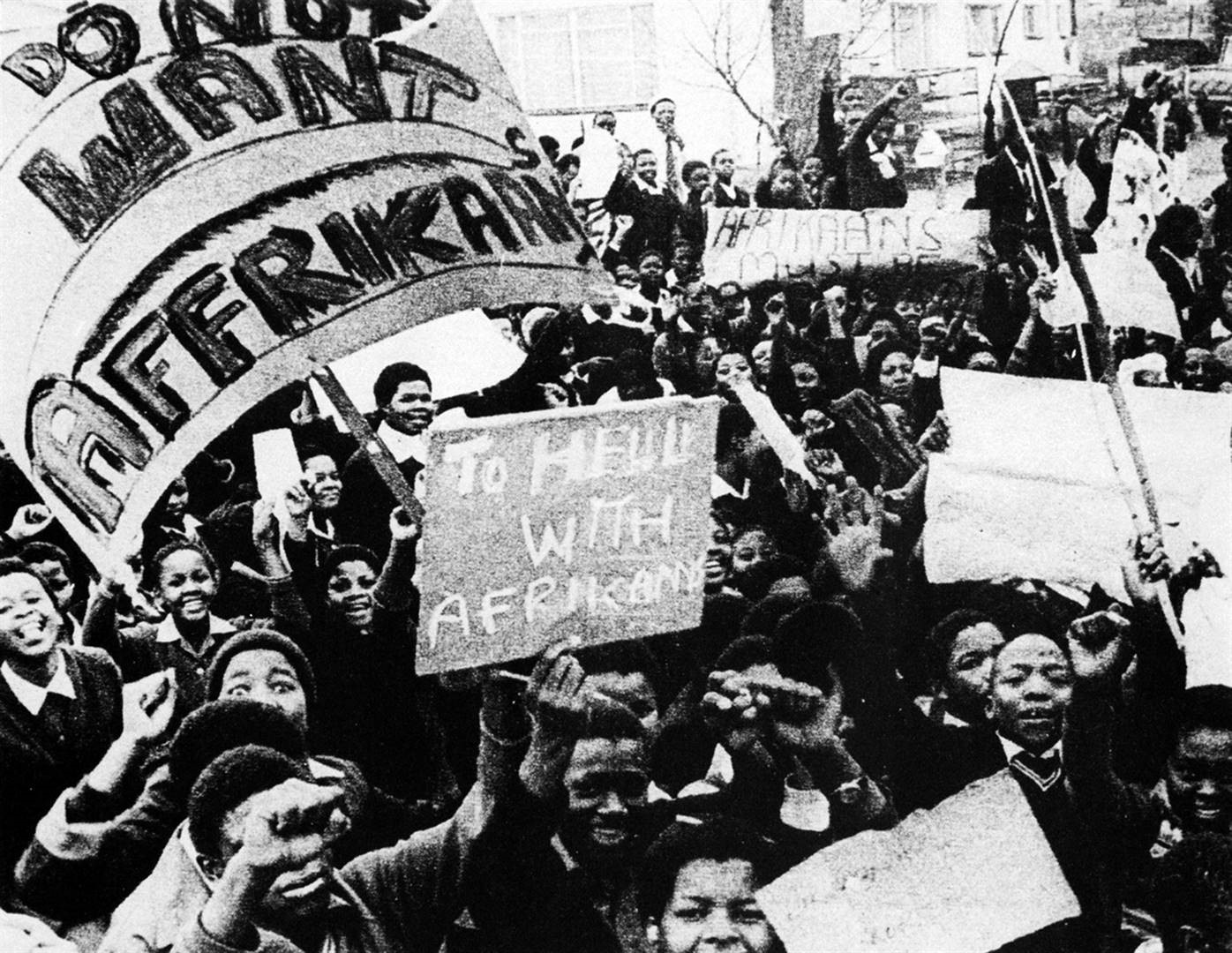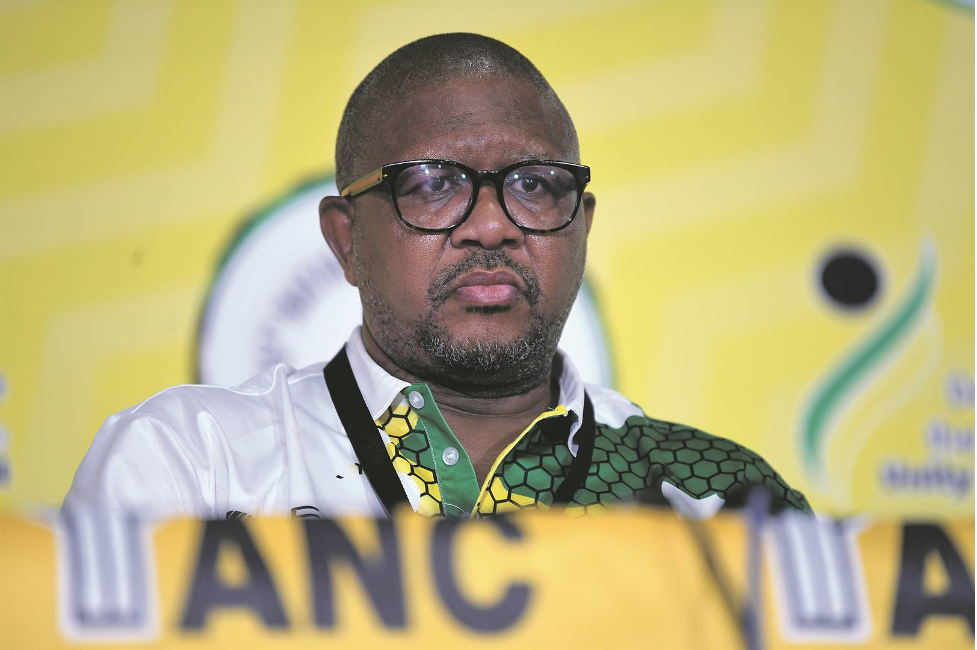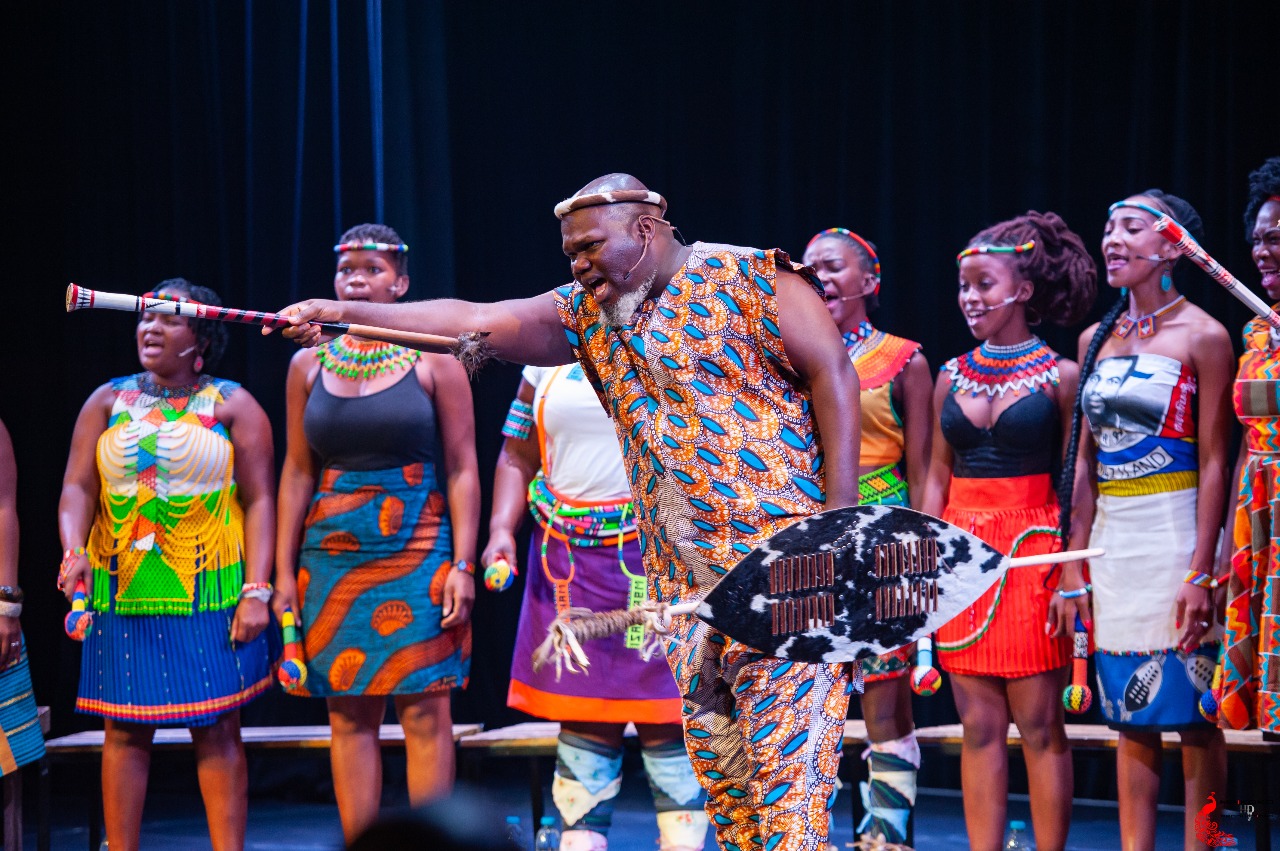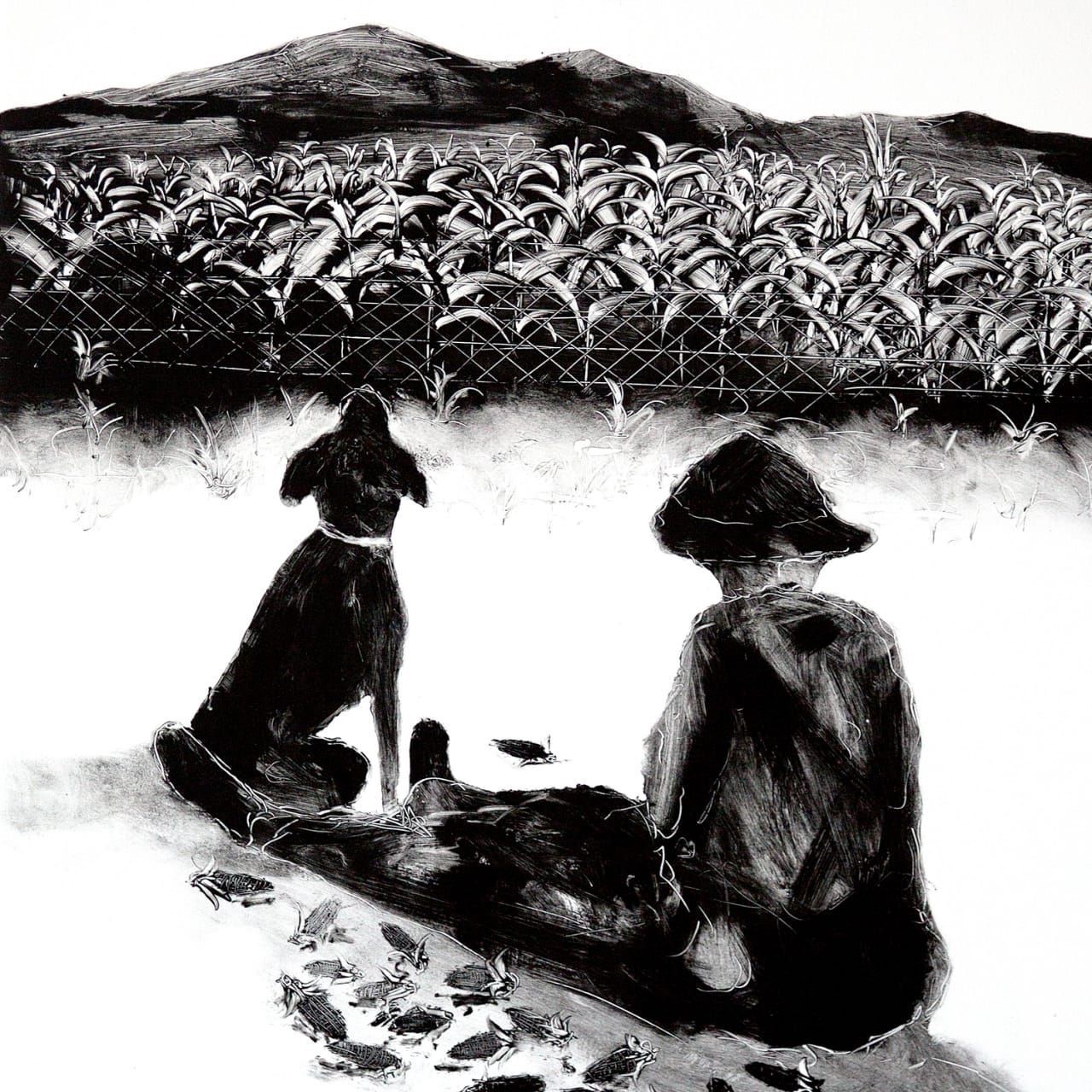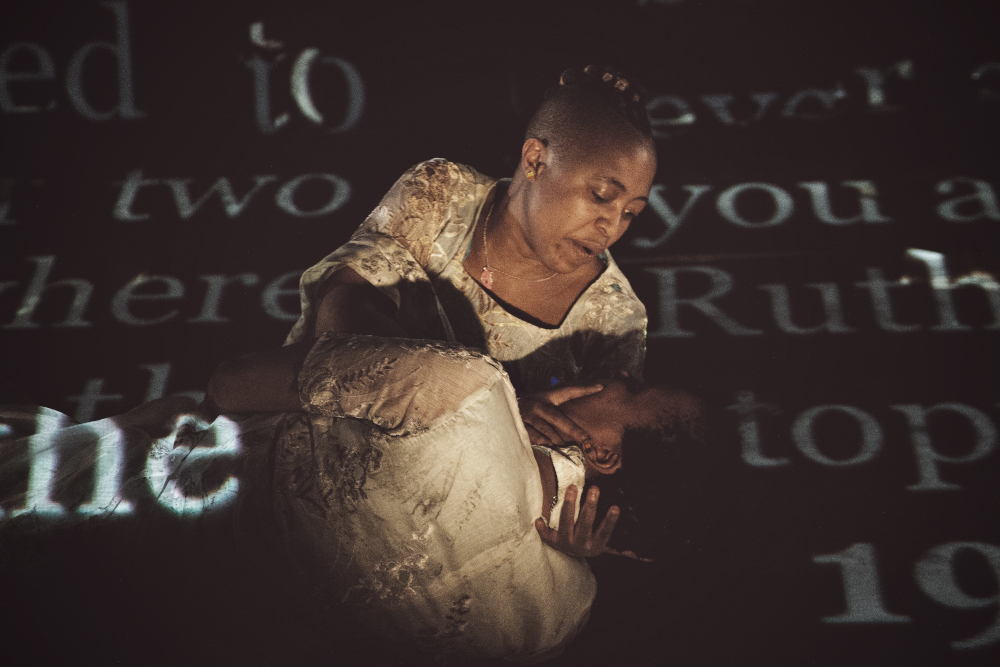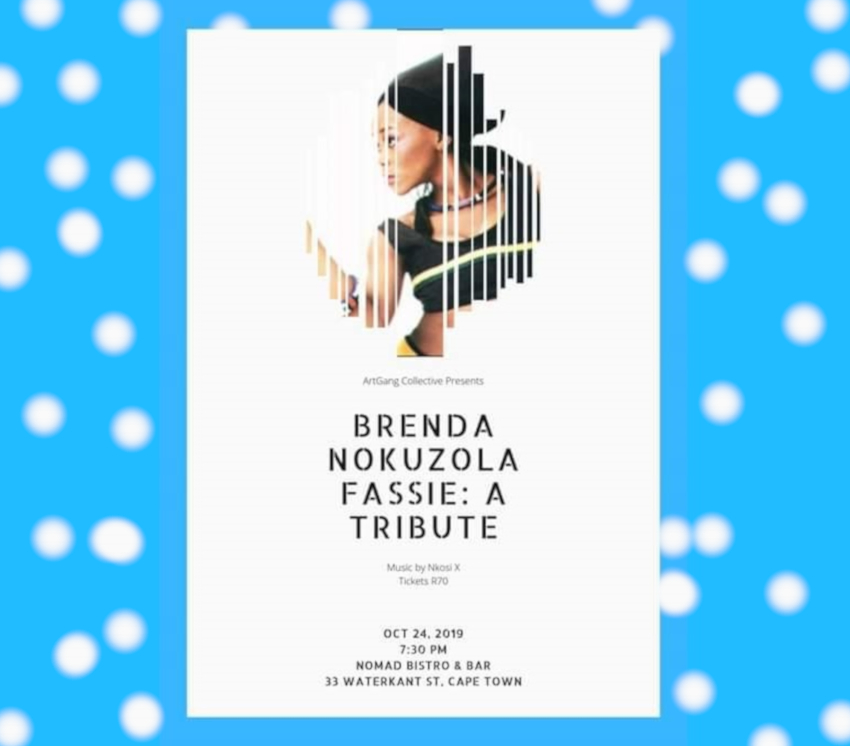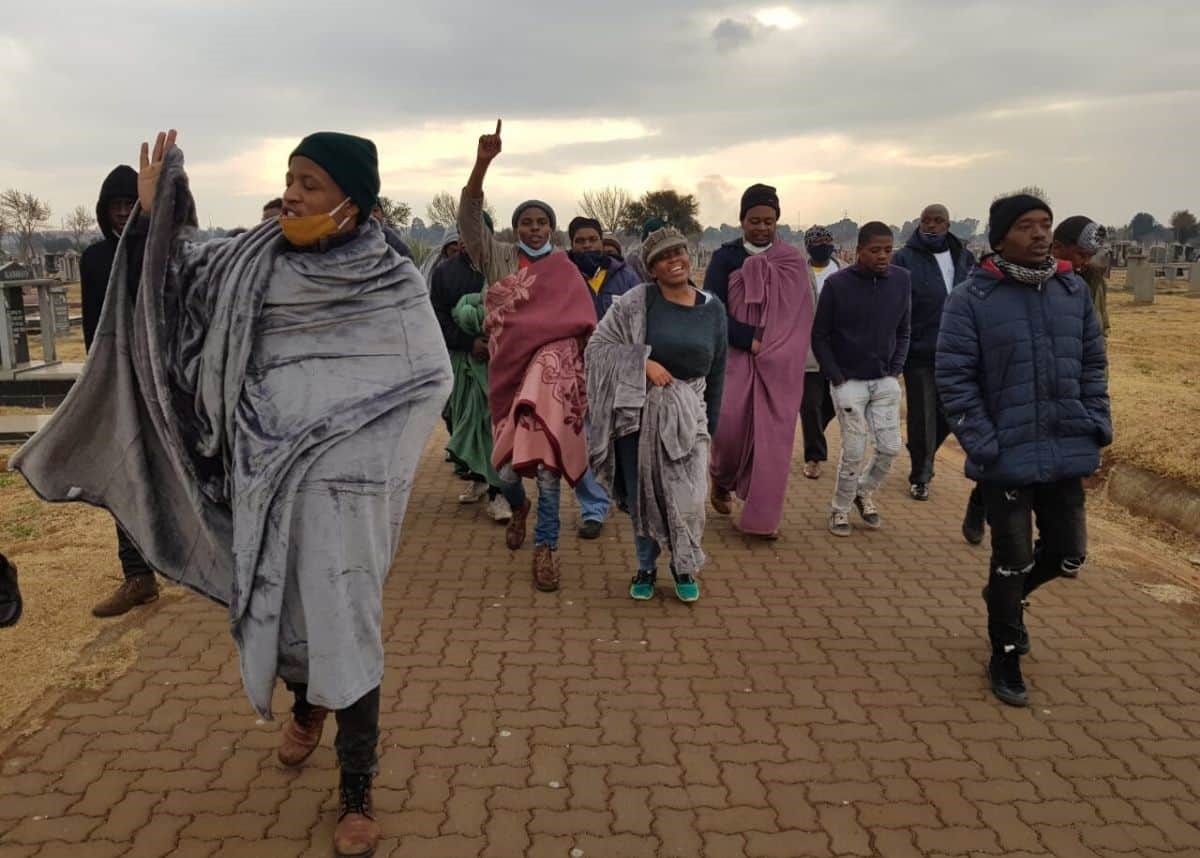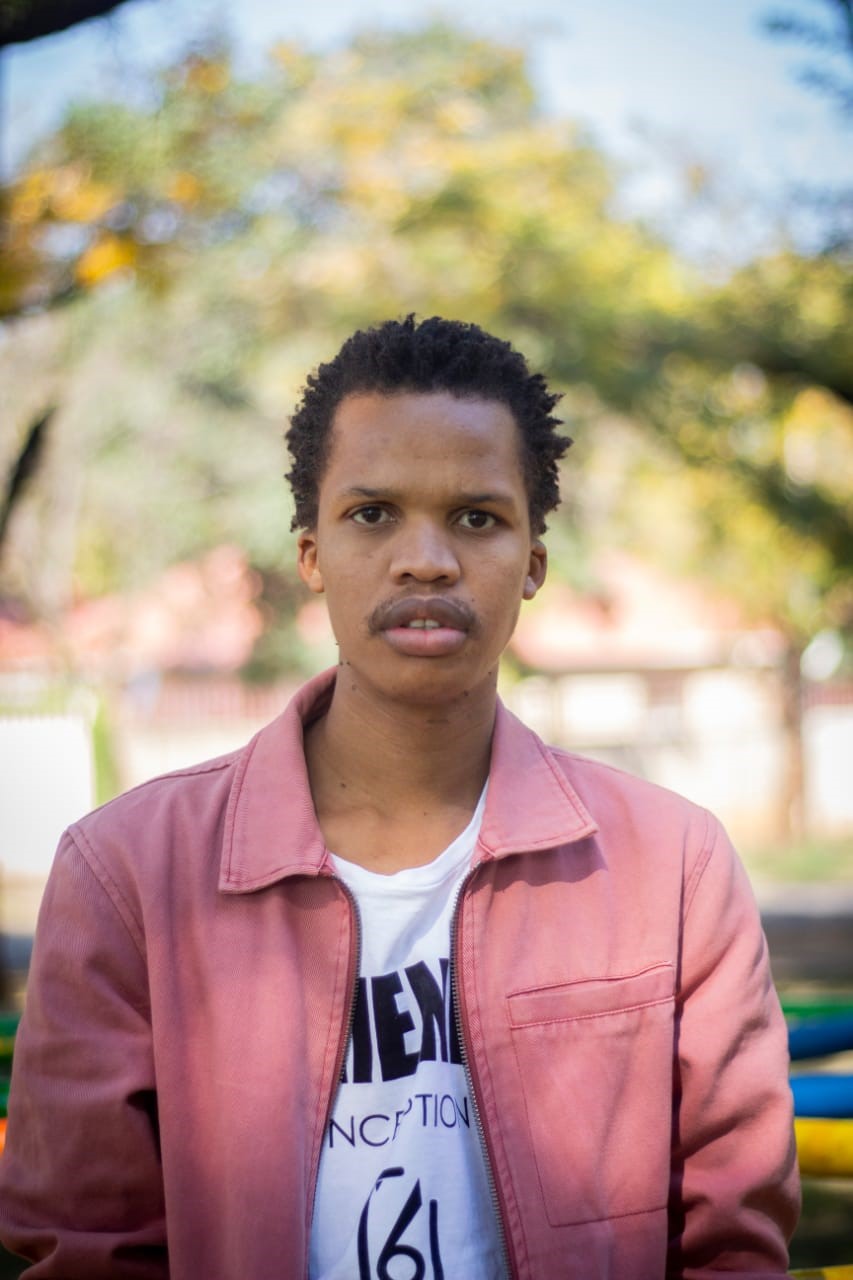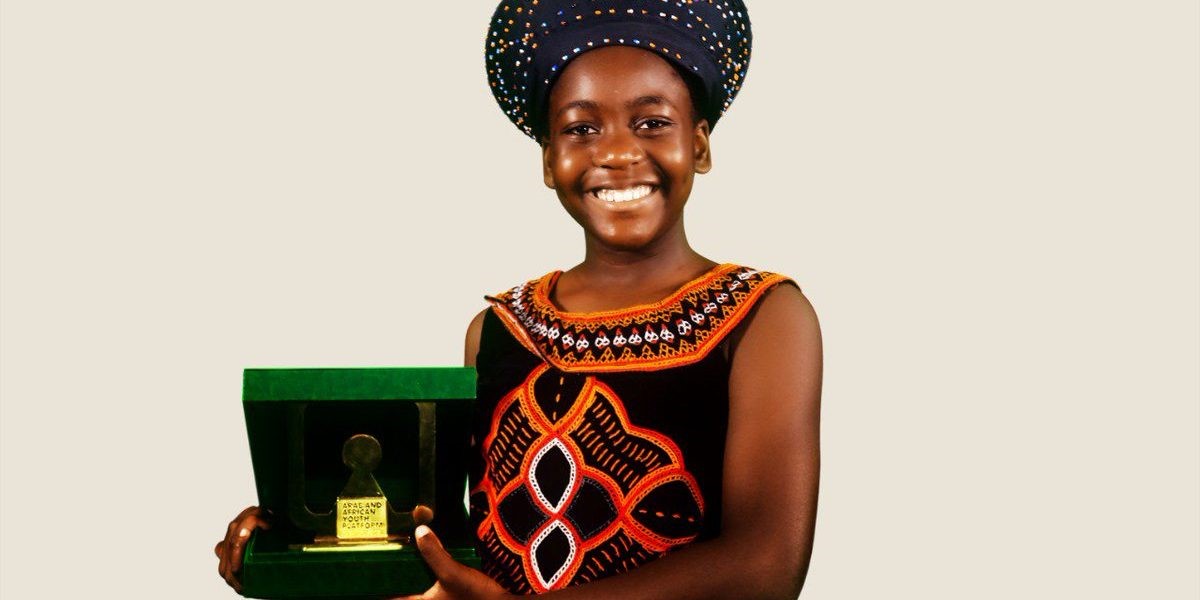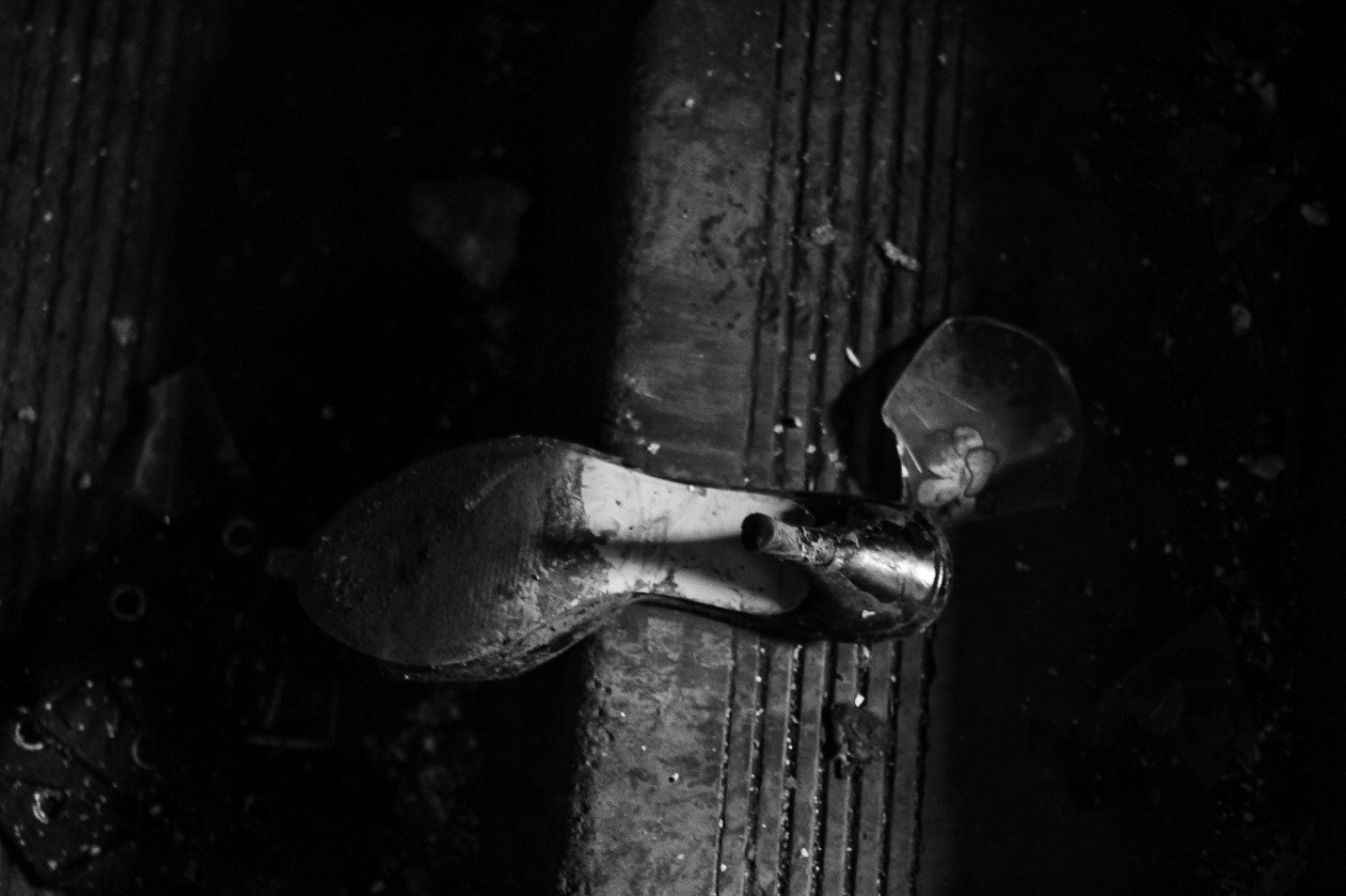There are events happening in South African politics that are quite difficult to explain, but they point to a specific direction nonetheless. A number of actors appear to be in cahoots towards a very a particular goal. The national discourse is smoothening divisions between political parties, and favours a specific direction – the creation of a liberal party to replace the African National Congress (ANC).
The view is that the ANC now needs to be retired after running its course. This grand plan suggests that there may be no need to wait for the ANC to lose in the polls, but it must be split to allow neoliberals to lead South Africa. The neoliberal agenda points to various forces and individuals across the existing political party and racial classification spectrum. However, the ANC remains central in these efforts for one obvious reason: it is impossible to talk about the recent political changes in South Africa without mentioning it. The ANC therefore defines the current political landscape, just as the National Party (NP) did during apartheid.
Neoliberalism’s overarching ideology has always been associated with white people in South Africa, and left-leaning ideas with Black people, for historical reasons. The ANC placed itself as a ‘broad church’ – to accommodate ideological contradictions in this makeup. In ‘The Green Challenge: The Development of Green Parties in Europe’ (1994), Chris Rootes provides the example of the Labour Party in Britain, which encompasses “Marxists and social democrats alike”. He explains that the reasons for this are “in part structural” – to reduce the number of (radical) groups in elections. Closer to home, this strategy worked well for quite some time, but the ballot paper ballooned to around fifty political parties in 2019.
This is a clear indication that the ‘big tent’ is quickly collapsing. There is a very rehearsed script to create a liberal party in South Africa. The likes of Helen Zille were quick in rolling out this plan, when she tried to bring academic Mamphela Ramphele on board in 2014, to lead the Democratic Alliance (DA). This plan floundered after a short period, but the thinking behind that kind of idea is patient, and ongoing. This opinion piece argues that the time is almost ripe for a liberal party in South Africa, and Herman Mashaba is one of the players who thinks that he is the one to lead the project.
Introducing The Liberal Dispensation
At the end of 2018, the DA member of parliament Toby Chance introduced the idea of a liberal party by painting a likely, or desired future scenario of South African politics – through an article in the Daily Maverick (Wednesday 28 November 2018). According to him, a coalition between moderates within the ANC and the DA will stave off tyranny, “if the country is to avoid a descent into despotism”. He further added that, in order to avoid this unpleasant scenario, the ANC would need to split.
Of course, this was a year after the ANC failed to split in 2017, when Cyril Ramaphosa defeated Nkosazana Dlamini-Zuma to become president. Since then, information has surfaced to the effect that, had Ramaphosa lost, a new political party would have been formed.
In July 2019, the leader of the Economic Freedom Fighters (EFF) Julius Malema told crowds that were packed outside the Gauteng High Court in Pretoria that his party had worked with Solly Mapaila of the South African Communist Party (SACP) and Derek Hanekom of the ANC, to oust former president Jacob Zuma. This revelation did not come as a surprise at all, since many had long suspected that a powerful clique within the ANC was behind the formation of the EFF – to destabilise the Zuma presidency. Malema further disclosed that Hanekom had told the EFF that, had the Dlamini-Zuma camp won the ANC leadership battle, a new political party would have been formed.
The evidence suggests that the plan was much broader than just an ANC split. The DA and smaller parties in parliament, including the EFF, worked in unison in their gallant fight to remove Zuma. For a few years, parliament simply stopped performing its duties – while these parties were disrupting activities in the house through public stunts, interjections, and litigation. However, the EFF appears to have fallen by the wayside since Zuma left, in public at least. After his selection as the interim DA leader, John Steenhuisen unequivocally declared that his party would work with the ANC. Analysts and commentators observed that this was definitely a drastic shift from the Zuma days.
Nonetheless, the suggestion by Toby Chance is that the breakaway rational constitutionalists within the ANC would form a coalition – with the DA and other like-minded smaller parties, with the ANC’s radical left presumably joining forces with the EFF, Andile Mngxithama’s Black Land First (BLF) and similar forces. Chance's ideas correspond with those advanced in Leon Schreiber's book titled 'Coalition Country: South Africa after the ANC' (2018). Schreiber argues that coalitions could become, "the norm in South Africa, although they are not the only possibilities". In 2019, the DA started to clean its ranks by quickly removing its leader, Mmusi Maimane, under the pretext that he was responsible for the party’s poor showing in the national elections of 2019. He was also accused of taking the party in an undesired direction, and the party brought back Helen Zille to preside over the ‘renewal’ process.
Pact Between Amazemtiti & ‘Friends of The Natives’
Zille had replaced Helen Suzman as the local godmother of South African white liberals. Author and academic Professor Eddie Maloka, in his book Friends of the Natives – The Inconvenient Past of South African Liberalism (2016) refers to these whites as the “friends of the natives” (or the amazemtiti). They find good companionship in the amazemtiti class, who have always been at the forefront of entrenching neoliberalism in Black South Africa – including the introduction of the Freedom Charter in 1955. For a detailed treatment of the amazemtiti, refer to the article in the Business Report (27 May 202) titled ‘Amazemtiti: The making of a native bourgeoisie class in colonial SA’.
Nevertheless, Zille’s reincarnation within the DA resulted in the resignation of Mashaba as the mayor of Johannesburg. Furthermore, one cannot divorce this from the resignation of Stevens Mokgalapa on 02 February 2020 as mayor of Tshwane. Mokgalapa was said to be very close to Maimane, in a party where the Black voice was gaining strength under the ‘Black caucus’. Maimane’s strategy was obviously not what his bosses had in mind. His successor Steenhuisen told a group in Durban that Maimane, “had focused too much on criticising the ANC and not enough effort on presenting solutions”.
This infuriated Maimane, who then blasted him as a Judas (a reference to Judas Iscariot, who betrayed Jesus in the Bible) for his comments. According to Maimane, there was nothing untoward in his political approach because, “all opposition parties were critical of the ANC under Zuma”. The fallout between Maimane and Steenhuisen explains what the new DA leadership is trying to do: to get closer to the present ANC leadership, which is suddenly faultless in its eyes.
When Chance wrote his article, he was clearly worried about agitations for land reform in South Africa, and other resolutions that had been taken by the ANC's elective conference at the end of 2017. In advancing his argument, Chance referred to the push for change in South Africa as constituting “outdated ideology” – which would lead to some form of paralysis. Outdated ideology, for Chance, refers to the ANC’s resolutions regarding the nationalisation of the South African Reserve Bank (SARB), as well as land expropriation without compensation.
Chance’s view is that the ANC’s current posture has ‘EFF-leanings’ (as he calls it). He then predicts that this will result in mayhem, i.e. reduced investment, higher unemployment, more government debt, existential threats to our financial system, etc. Mashaba and many Black leaders in the DA were seen as not helpful to the party’s new approach, after the 2017 ANC elective conference. Maimane’s insistence on exposing acts of alleged money laundering at the ANC elective conference caused irreparable damage between himself and party bosses. The DA has largely remained mum on the millions of rands that were spent in the conference, since their horse triumphed. The concealed bank statements are headed to the Constitutional Court as we speak, and it is unlikely that the judges will rule against Ramaphosa.
Some people question why one has to be concerned with what the DA thinks, since the ANC preaches ‘unity’ at every given opportunity, and therefore a talk of split should perhaps be not entertained.
Contestation of Ideas With The ANC: 1930s to Date
The contestation of ideas in the ANC has been there for quite a long time. In his book ‘Thabo Mbeki The Battle for the Soul of the ANC’ (2005), Wits University’s Professor William Gumede calls it "the battle for the soul of the ANC". My opinion is that the tug-of-war over the direction that the ANC should take, going forward, has never been more pronounced than it is now. Also, the battles over the ANC’s soul may be said to have started much earlier, around 1930.
Josiah Tshangana Gumede, the fourth President of the ANC, precipitated class contestations within the ANC by drawing the party closer to the peasantry class. After his trip to the USSR, he was attracted to communism, and this brought the ANC into a crisis – much like it did under Zuma, who Thabo Mbeki accused in 2018 of turning the ANC into “a Black party”. Gumede was replaced by Pixley ka Isaka Seme, to reverse these communist inclinations and reinstall amazemtiti in the centre of the organisation. Seme was brought back to lead the organisation after pressure from the land-owning elites within the ANC, such as Sefako Makgatho and ZR Mahabane – in the same way the monied elites in the present-day ANC worried about Zuma.
However, amazemtiti did not win control of the ANC outright, especially with the rise of radical youth leaders in the 1940s such as Muziwakhe Lembede, AP Mda, Robert Sobukwe and others. Disagreements eventually led to the formation of the Pan Africanist Congress (PAC) in 1959. Banning liberation movements and activists was then deemed the appropriate solution, by the NP regime, to destroy the radical faction in Black politics. Exile was time for a reset – to delay Black rule in South Africa, and to eliminate the radicals. This gave the liberal ideologues time to figure out the future that was desired in South Africa, under Black rule. The re-emergence of a sanitised, liberal ANC in 1990, and the sudden death of the PAC, meant that the plan had not only worked but was also timed to perfection. There is no way that the ANC would have been allowed to lead South Africa, if it still held the nationalist ideology of the PAC. The PAC was sacrificed, to create the neoliberal compact between amazemtiti and the ‘friends of the natives’.
The position of the ANC had to be reviewed, after both Zuma and Malema respectively led the mother body and youth league at the same time. Both were taken out in order to restore the ANC’s default position – as a party of which must be dominated by liberals who believe in assimilation and compromise. South Africa, after all, ‘belongs to all who live in it’, and concerns for the dispossessed African majority are secondary. That explains the present state of affairs – unemployment, poverty, diseases, and economic exclusion.
The New Ideological Contestations: The Battle for The Soul of South Africa
It may be argued, however, that the present-day tussles are even more significant; in that they go beyond the ANC. They now include unlikely players like the DA, churches, the media, business, and NGOs. After all, the ANC has political power now. This means that society in its entirety has to take keen interest too, not just the ANC members. The present battle for the soul of the ANC also means that the form and shape of the organisation, which was forged over five decades ago when an alliance was formed with the white-dominated SACP at the time, will drastically change.
At present, the DA understands that its interests overlap with those of the liberal group within the ANC. At the same time, led by the likes of Tito Mboweni, Pravin Gorhan and Enoch Godongwana, the ANC liberal lobby continuously seek sympathies from the public – and openly challenges the party’s resolutions. These moderates see the 'radicals' within and without the ANC, e.g. the EFF and Black Land First (BLF) and others, as threats to South Africa’s future.
Which is not to say the anti-liberal lobby inside the ANC is not fighting back. The likes of Tony Yengeni, Andile Lungisa and Ekurhuleni mayor Mzwandile Masina openly air their views – on their dissatisfactions with the direction the party appears to be taking. They have called for the removal of Gordhan as Public Enterprises Minister, for example. In addition, secretary general Ace Magashule constantly criticises policy dissidents for not towing the party line. Magashule has told ANC MPs that there is no way they can back the DP-sponsored motion aimed at removing Mkhwebane as the public protector, for example.
These squabbles within the ANC have the potential to shape its leadership battles, going forward. The state-owned enterprises (SOEs) are now one area that exposes the fractiousness of the differences, not just on organisational direction and succession, but also on key economic policies. Recent appointments of CEOs and boards, as well as certain key decisions in Eskom, SAA, Eskom, Denel, Public Investment Corporation, and other state companies have been opposed in many quarters – as undermining transformation and economic inclusion of Black people.
Verligtes Versus Verkramptes, History Never Leaves Empty Spaces
What is happening to the ANC is more like a repeat script, in South African politics. Afrikaners too were tightly marked, to prevent the dominance of extreme nationalism which was going to dislocate the country from the broad liberal agenda. Jan Smuts was what Mandela was, but in a different era. It is impossible to understand South Africa’s liberalisation without mentioning Smuts and Mandela, as well as Cecil John Rhodes, Pixley Seme, Helen Suzman, Harry Oppenheimer and Ramaphosa. The other camp includes Paul Kruger, Josiah Gumede, Robert Sobukwe and Jacob Zuma. These are the main characters that define South Africa’s modern political history.
The victory of the Nationalists in the 1948 elections shares a lot of similarities with the 1994 elections. The bulls had been tamed. The parallels between Mandela and Smuts will be covered in future articles, as the focus now is on the liberal project. Starting in the 1960s, the NP and its support base, the Afrikaner population, were divided over a number of issues pertaining to apartheid policies; such as immigration, language, racially mixed sporting teams, and engagement with independent African states. The NP experienced major upheavals, with the standoff between the 'verkramptes' (conservatives or radicals) and 'verligtes' (moderates or liberals).
In 1969 the ‘verkrampte’ faction, including Albert Hertzog and Jaap Marais, formed the Herstigte Nasionale Party (HNP). The new party saw itself as "the true upholder of pure Verwoerdian apartheid ideology". Although the HNP never really fared well in any elections, it did get sufficient numbers "to erode support for the government at crucial points". The racist verkramptes grew in strength, as the NP was preoccupied with international isolation.
The history of NP internal politics can also be used to explain the proximity of the EFF, and even the National Union of Metalworkers of South Africa (NUMSA), to ANC radicals. The 1969 split of the NP was preceded by the expulsion of Japie Basson, a moderate, over disagreements pertaining to the racial question. Basson went on to form his own National Union Party, but would later re-join the NP in the 1980s. Before this, he was also a member of the United Party and the Progressive Federal Party (under Theo Gardner). The Progressive Federal Party is a precursor of the Democratic Party (now the DA), which could be described as Gerdener’s attempt to come up with its own verligte solution to racial questions. Gerdener served as the NP Interior Minister, from 1970 to 1972, and prior to this he was the Administrator of the Natal Province (now KwaZulu-Natal).
The presently predicted split of the ANC could resemble the shift of tectonic plates in South African politics, in that the 'radicals' could join hands with the EFF, BLF, NUMSA, etc. The ANC-light could then partner with the liberal DA (and similar parties) to trounce the radical formation – in the same way the verligte-NP managed to throttle, and even ostracise, both the HNP and the Conservative Party (KP). This idea is not far-fetched, after all – the NP was absorbed by the ANC at the end of apartheid.
Carnegie, Indlulamithi Scenarios - The Future They Want
This coalition of liberals has been in the making for a while, since apartheid ended. Firstly, the formation of Agang, which tried to forge a new partnership with the DA (remember the kiss of death between Zille and Ramphela?) and the rapid rise of Maimane in the DA, are perhaps the two best examples of intensified efforts to build a liberal party in South Africa. What is interesting is that the Indlulamithi project involves mainly notable individuals who could be agreeable to the neoliberal agenda.
Secondly, another attempt saw the formation of the African Democratic Change (ADeC) which was still-born, after it was alleged that George Soros' Open Society Foundation decided against funding the new party, after Nasrec. Hungary famously banned Soros and his organisation from supporting similar initiatives, in that country. ADeC's founder Dr Makhosi Khoza, an ex- ANC member of parliament, was then shipped to the oppositionist Organisation Undoing Tax Abuse (OUTA). She subsequently tweeted, sometime in 2019, that she had left the organisation. In the midst of the Covid-19 lockdown, in 2020, Khoza has confessed that she was lobbied to work with Ramaphosa, but she claims she refused the proposal.
Thirdly, the formation of Mashaba’s new party is another throw of the dice. Mashaba walks in the footsteps of the EFF, which was also hastily put together to break Zuma’s back. However, it remained mostly a Black party, while Mashaba experiments once more with the rainbow ideals that are steeped in neoliberalism. The strength of the ANC (broad church’s radical side) has always been a serious stumbling block towards realising the goal of creating a liberal party. But it is easy to suffocate non-liberals by preventing them from accessing the financial and other resources to run a political party. The likes of radical left-leaning parties like the BLF will always be throttled, as in the 2019 elections.
Are We Almost There Yet?
The post-Nasrec era is seemingly seen as an opportune moment to give the liberal project another try. The engineers of the project want the ANC to split, in order to get the required numbers from the ANC carcass. The strategy is simple. It basically entails getting the liberals to control the soul of the ANC, and/or formation of an alliance with the DA. The emergence of what analyst Clyde Ramalaine calls ‘Gordhanism’ in the South African national body politic provides a preview of what this new liberal will look like. Unfortunately, Mashaba and Maimane appear not to be aligned with this project, and that could have disastrous consequences for their planned political party.
The tectonic plates do not appear to follow the old ideological lines. For example, the SACP is much more to the right than its name suggests, and will in all likelihood team up with the ANC moderates. The conflict in the City of Tshwane, which pits the ANC-EFF instant-coffee coalition against the DA, was staged to help the blue party to remove its mayor.
These continued shenanigans will soon be exposed as nothing but a heightened political power play by the liberal project, to entrench itself. But the lingering question is, who are the ANC moderates and what percentage do they command, in order to gain significant numbers in polls? That is not a concern at all, as the injection of cash into the ANC’s 2017 elective conference proved that it is easy to manipulate political outcomes. The ANC moderates have strengthened the DA and its ilk in the national discourse.
Formations like Afriforum, and other liberal NGOs such as the Open Society Foundation, Free Market Foundation (FMF), OUTA, etc., now suddenly think they have an upper hand over all arms of the state. In 2018 Afriforum, for example, applied to court to stop parliament from debating section 25 amendments. It is similar groupings that earned a Constitutional Court victory on independent candidates in national elections. Given these and other recent developments, my view is that the liberal project is not very far from being realised. The media leads from the front in promoting it, advancing the liberal agenda with one goal in mind – ostracising radical forces on the political landscape. The media strategy is devised in such a manner that radical elements inside and outside of the ANC are cornered, via negative reports and the singing of praises for anyone who could be key in the implementation of the liberal project. Different media outlets openly defend the likes of Gordhan, and endlessly attack those whom Chance calls 'the EFF-leaning faction' – from Magashule to NUMSA. The lines are drawn, but the majority of the people are not aware of what is unfolding before their eyes. Even what is termed as ANC’s bad governance seems to absolve a selected few from the alleged mess.
Conclusion
Trevor Manuel’s recent comments on “almost three wasted decades” under the ANC falls in this continuum. This logic says, the ANC has been bad in ruling South Africa, but not certain individuals who occupied key positions in the organisation. For example, Gumede wrote in the Sunday Times (23/08/2020) that “our best hope lies in a Cyril breakaway” … His views sound exactly like what Chance wants, the splitting of the ANC.
What is clear is that the DA would not be pronouncing on this preferred approach without having gauged the prospects of attaining its goals through a coalition with ANC 'moderates'. The strategy in place, towards establishing a liberal party, entails brutal force, bullying and other strong-arm tactics in dealing with opponents. DA MP Dean Macpherson warned Maimane that, “I think it won’t end well for you. Don’t take silence for not being willing to expose secrets” … This was in response to the tweet where Maimane had expressed his ire at the ‘Judas’ Steenhuisen.
At the centre of it all is control of the country’s resources and the economy. This is all taking place right before the voter, who remains illiterate when it comes to national issues: NHI, education, public procurement, education, energy, economic policy, and legislative development.
Siya yi banga le economy!

